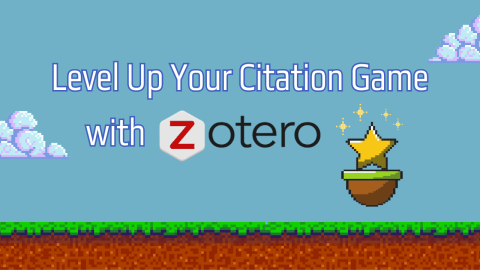-
Megamenu academics card (Card) - 732923912
Image Megamenu academics card
Megamenu academics cardYour Calvin education will inspire awe, broaden your perspectives, and prepare you to change the world.
-
Megamenu admissions card (Card) - 2096363193
Image Megamenu admissions card
Megamenu admissions card -
Megamenu research card (Card) - 196901389
Image Megamenu research card
Megamenu research cardTeam up with professors on cutting-edge research.
-
Megamenu arts card (Card) - 1818496937
Image Megamenu arts card
Megamenu arts cardNo matter your major, you can take part in the arts at Calvin.
-
Megamenu athletics card (Card) - 1449514921
Image Megamenu athletics card
Megamenu athletics cardFearlessly pursue excellence on the field and the court; in the gym and the crowd.
-
Megamenu life card (Card) - 1954164671
Image Megamenu life card
Megamenu life cardOur vibrant community embraces your curiosity and supports you as you grow into the life that God wants for you.
Events Calendar
Aug 25–Nov 07, 2025
Visiting Artist Marissa Voytenko
Center Art Gallery
Free
The Center Art Gallery’s inaugural Visiting Artist is Marissa Voytenko, a Michigan-based artist whose encaustic paintings and sculptural works explore the intersection of the physical and spiritual worlds through striking geometric abstraction.

Nov 05, 2025
ADHD Support Group at the CCW
4:00 pm–5:00 pm
Free
This free & confidential ADHD Support group, offered through the Center for Counseling and Wellness (CCW), helps Calvin students with ADHD to foster the development of time-management, organizational, and planning skills while receiving support from like-minded peers and a licensed professional counselor.
Nov 05, 2025
Level Up Your Citation Game with Zotero
4:00 pm
Hekman Computer Lab 322
Learn how to use Zotero program to efficiently manage your research sources and citations.




